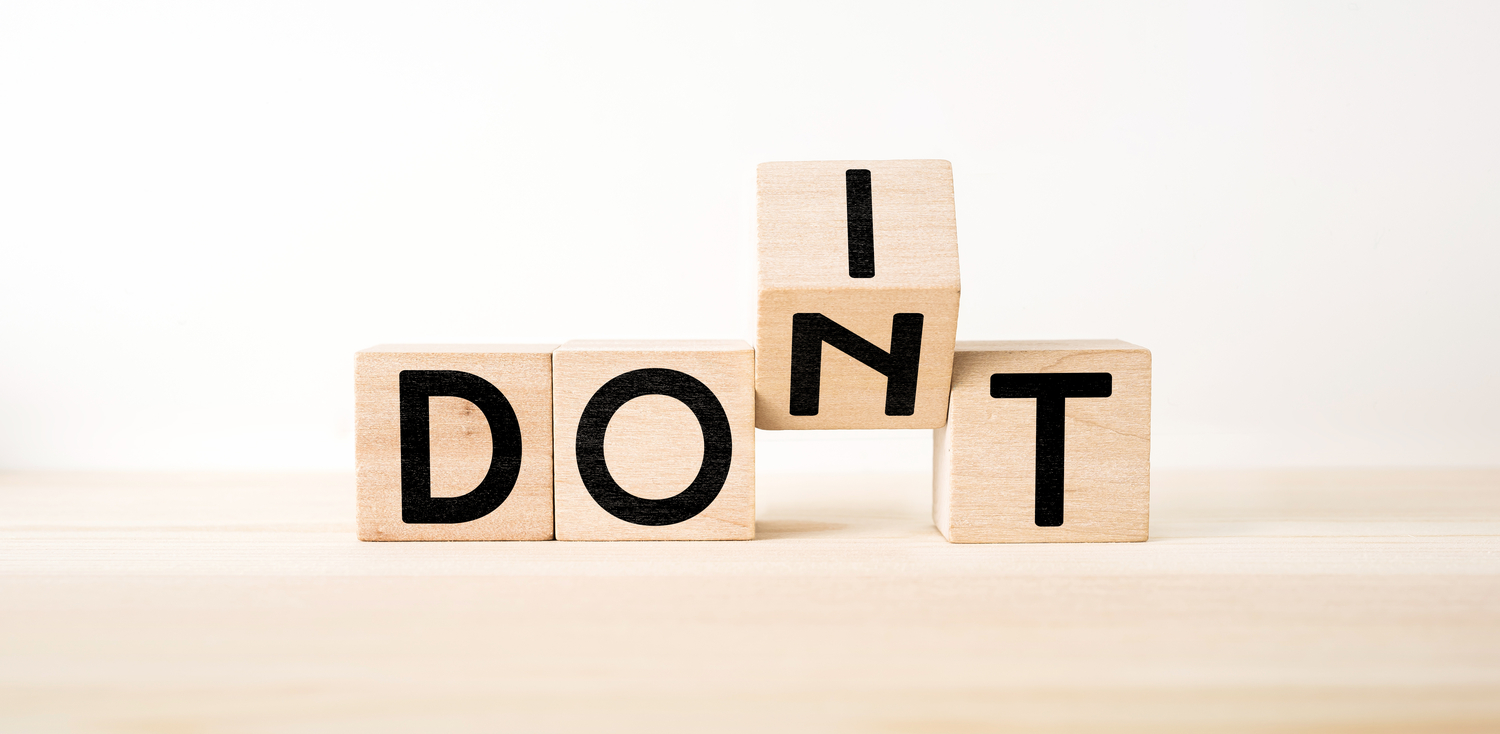Decision making is a challenge that faces us daily. For organisations, poor decisions can damage corporate reputation, decrease profit, undermine employee wellbeing and distort the organization’s strategic direction. Unfortunately, there is no formula for always getting decisions right; however, there are some ‘do’s’ to promote more reliable and sustainable decisions. In this article, we describe 6 decision making ‘do’s’ to reduce the risk of decision-making disasters.
1. Get Analytical
According to a study by Accenture (2013), only 21% of respondent organisations successfully used analytics for routine decision making. Analysing a situation before making a decision is a great way of ensuring an objective approach and gaining the commitment of others. Despite this, analytical decision making takes more time; therefore, it may not always be the most effective approach when prompt decisions need to be made.
2. Block out Bias
Bias is a hard thing to block out of decision making; however, accepting that bias occurs and forcing yourself to consider other factors can help. There are three common types of bias in decision making: confirmation bias, availability heuristic and halo effect. Confirmation bias refers to our natural desire to not rethink our beliefs or change our opinions. When we are presented with new ideas that contradict our beliefs and opinions, we tend to ignore them rather than using them to form new judgements. Secondly, availability heuristic refers to the mental shortcuts we take when evaluating a specific action or decision. According to this form of bias, we are likely to form evaluations solely on what we initially recall. Finally, the halo effect refers to our desire for consistency when forming decisions. For example, if we initially form a positive impression on someone, we are likely to judge that person more favourably than someone we initially form a negative impression on. When making future decisions, ask yourself whether any of these three forms of bias could’ve come into play. By asking yourself this question, you can prevent bias from steering you in the wrong direction.
3. Think Ethically
Ethics is an important factor to consider in any business decision as it is likely to impact multiple people. By not considering the ethics behind a decision you make, it would be harder to build commitment and gain acceptance from others.
4. Consider Outcomes
Understanding the gravity of different consequences can assist in formulating responsible decisions. One common consequentialist theory is utilitarianism. This theory proposes that the most appropriate decisions are found by evaluating what decision would cause the greatest good for the greatest number of stakeholders.
5. Solicit Stakeholder Opinions
Gaining feedback from other key stakeholders enables you to view a potential decision from a different perspective. For example, it may open your eyes to ethical considerations or outcomes that you may not have thought of. This particular approach is also a great way of reducing personal bias as it forces you to consider alternative attitudes.
6. Remind Yourself of Organizational Priorities
Business objectives and an organization’s vision serve as a good guide for effective decision making as they can sometimes put priorities into perspective. For example, when choosing between two available alternatives, reminding yourself of organisational values or objectives may change the weighting of certain factors that differentiate the two alternatives.
There may not be a formula for decision making success, but considering these 6 factors in future decision making will help you to form justifiable courses of action.


